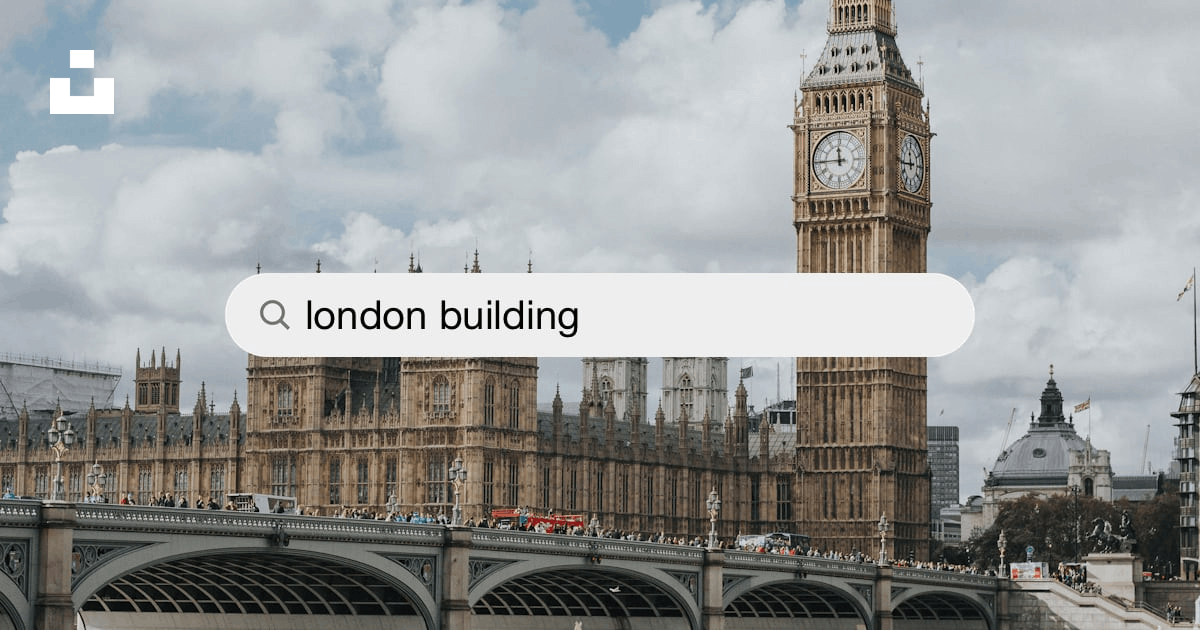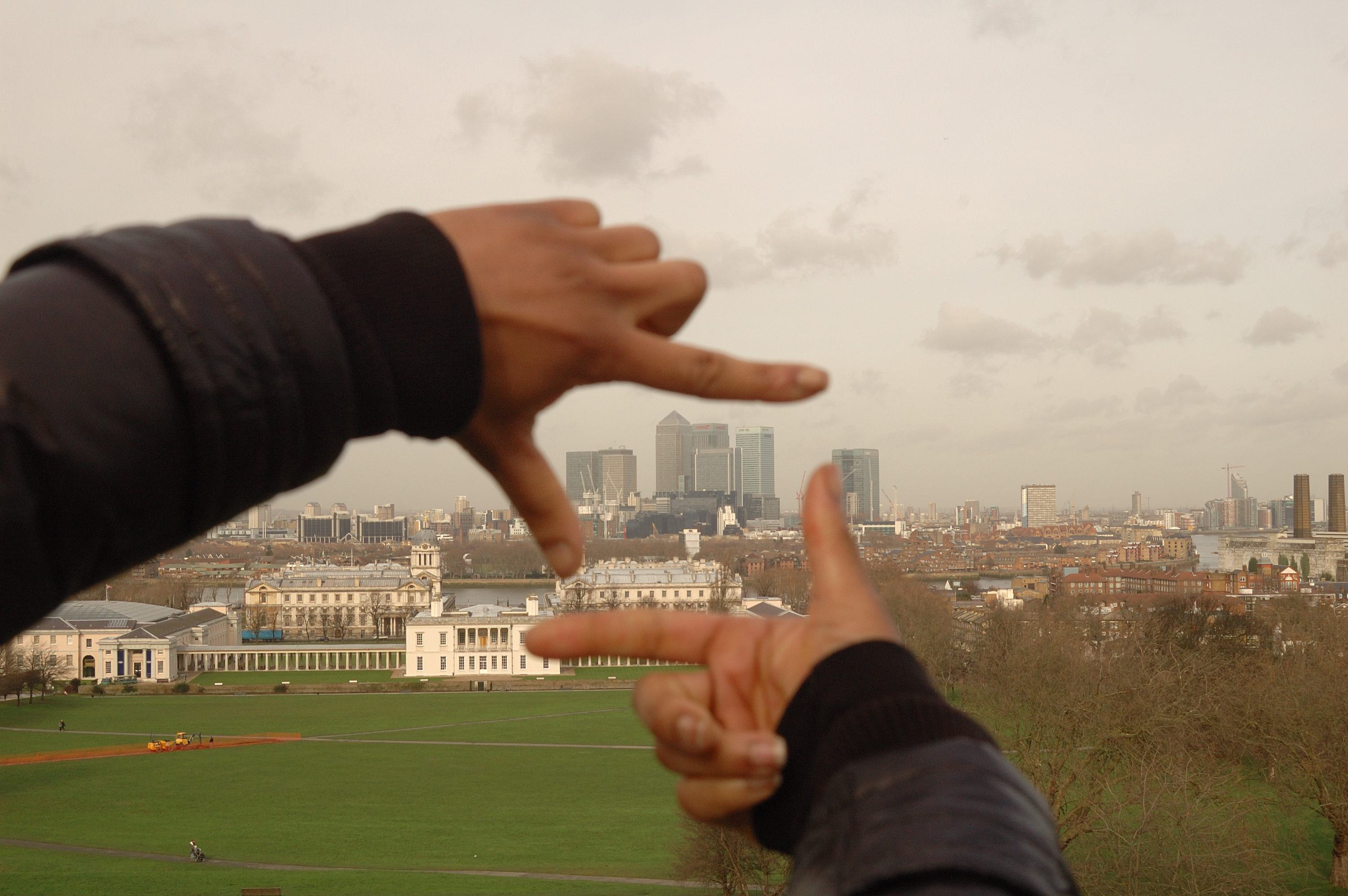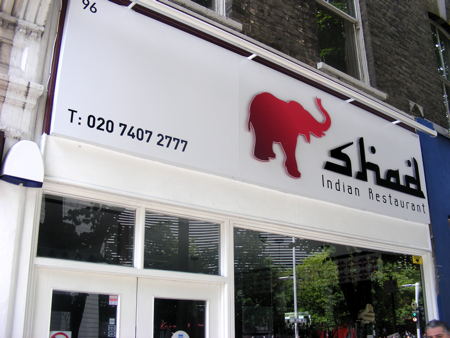- Messages
- 2
- Edit My Images
- No
I know there was another thread about kind of the same topic, but there really weren't any concise answers and the OP was wanting to sell stock photography. I have an online portfolio and have just started selling physical prints of stuff at local shows, and I love England and all things London.
My question is, can I sell artistic photographs of buildings like the Shard, the Gherkin, etc? I prefer abstract art so they would mostly be taken from interesting angles or duplicated and flipped within the same image, given a solid black/white treatment, etc. Going back in May for another trip and also visiting Dorset and Port Isaac, so I'd love to have the legal bits figured out. Even if I never get caught, per se, because I have such a tiny audience, if it's wrong, I won't do it, regardless of how many other people think it's okay. Any tips would be appreciated as my only other option at this point is to actually officially consult a trademark attorney based in London.
My question is, can I sell artistic photographs of buildings like the Shard, the Gherkin, etc? I prefer abstract art so they would mostly be taken from interesting angles or duplicated and flipped within the same image, given a solid black/white treatment, etc. Going back in May for another trip and also visiting Dorset and Port Isaac, so I'd love to have the legal bits figured out. Even if I never get caught, per se, because I have such a tiny audience, if it's wrong, I won't do it, regardless of how many other people think it's okay. Any tips would be appreciated as my only other option at this point is to actually officially consult a trademark attorney based in London.





